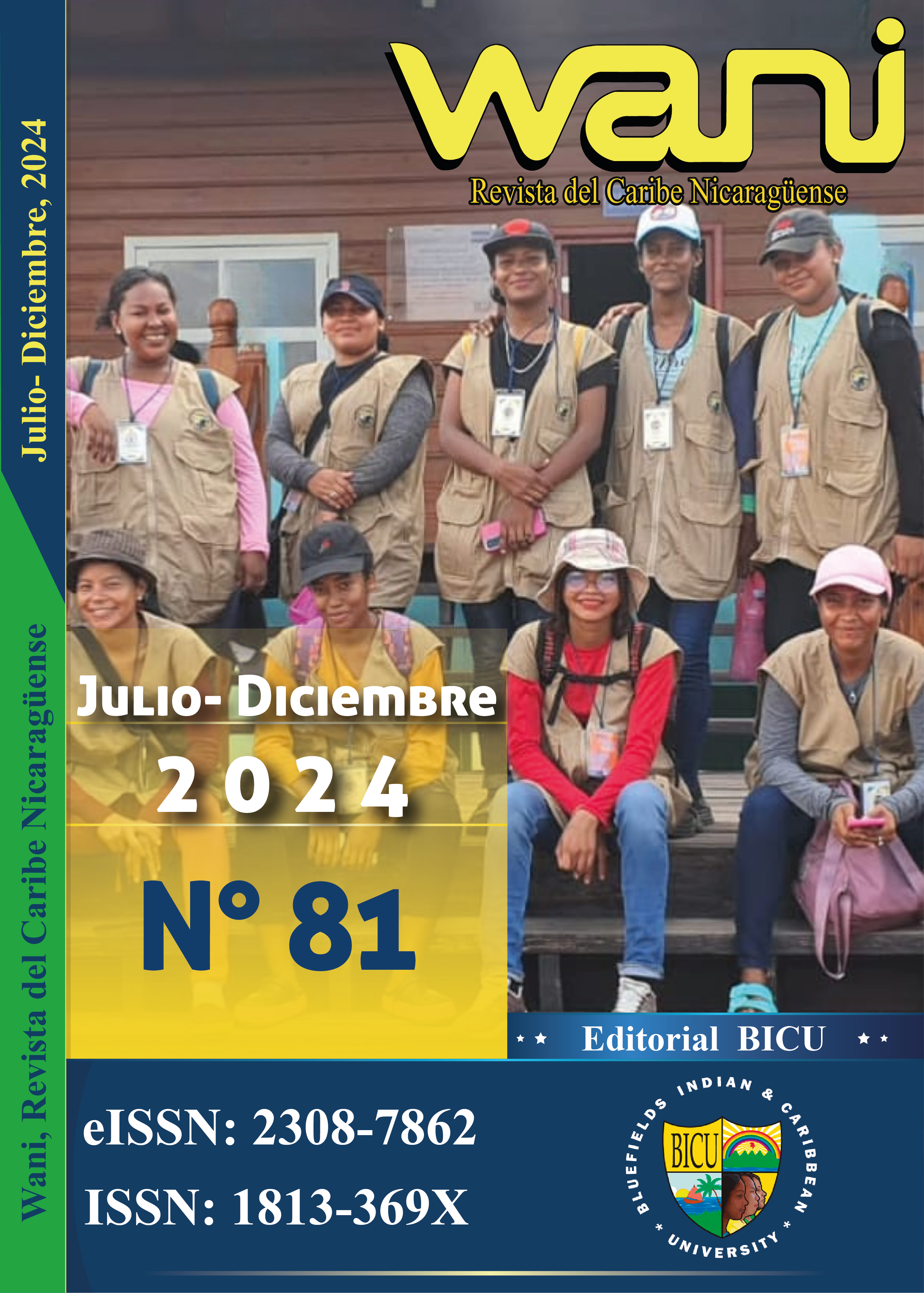The degree exam as a limitation of scientific production
DOI:
https://doi.org/10.5377/wani.v1i81.18886Keywords:
Academic qualification, Teaching, Training of researchers, Knowledge management, ResearchAbstract
This essay analyzes the negative impact of the grade exam on the scientific productivity and research training of students and teachers. It is emphasized that the degree exam, rooted in a traditional paradigm of memorization, limits the ability of students to develop essential research competencies, such as the formulation of questions and data analysis. This, in turn, reduces university scientific production, affecting the academic reputation of institutions and their ability to contribute to the advancement of knowledge. Universities that prioritize the degree exam as a form of degree, generate less scientific research and publications. In addition, both students and faculty are discouraged from participating in research projects, which compromises the creation of a research-oriented academic culture. On the other hand, universities should be key agents in the production and dissemination of knowledge in the knowledge society. However, the focus on the degree exam diverts the resources and time of teachers, limiting their research productivity and affecting the quality of the research training provided to students. In conclusion, the undergraduate examination represents a significant challenge for university students, with important repercussions on their professional training and scientific research; it is crucial to address these challenges by implementing more equitable and effective support and evaluation strategies that allow students to develop their potential and contribute significantly to the advancement of knowledge and society.
Downloads
349
Downloads
Published
How to Cite
Issue
Section
License
Copyright (c) 2024 Bluefields Indian and Caribbean University

This work is licensed under a Creative Commons Attribution-NonCommercial-ShareAlike 4.0 International License.




